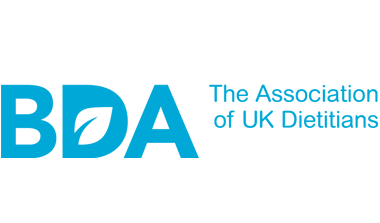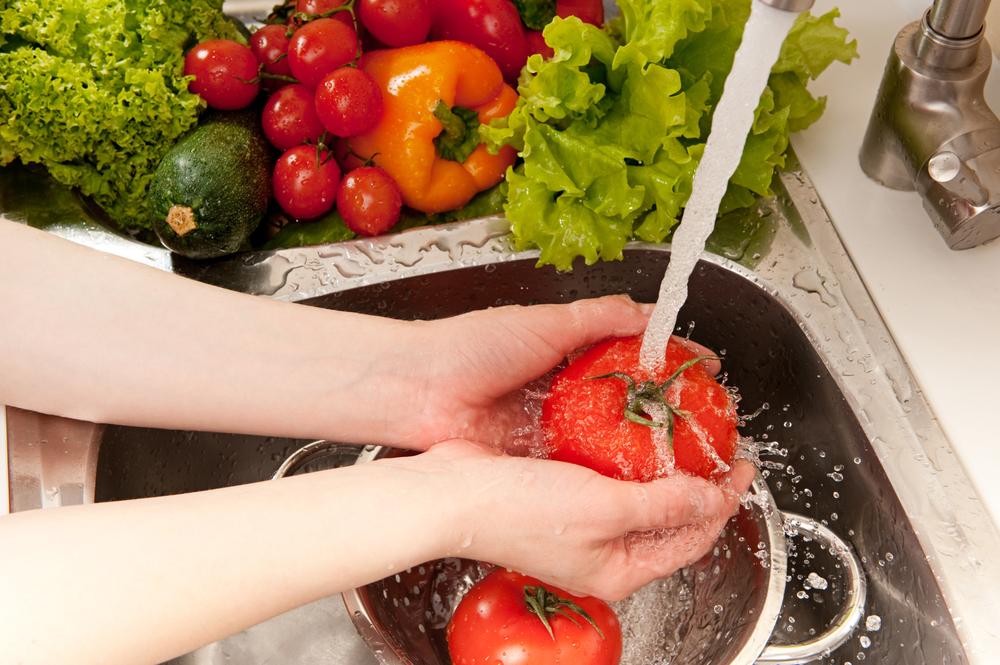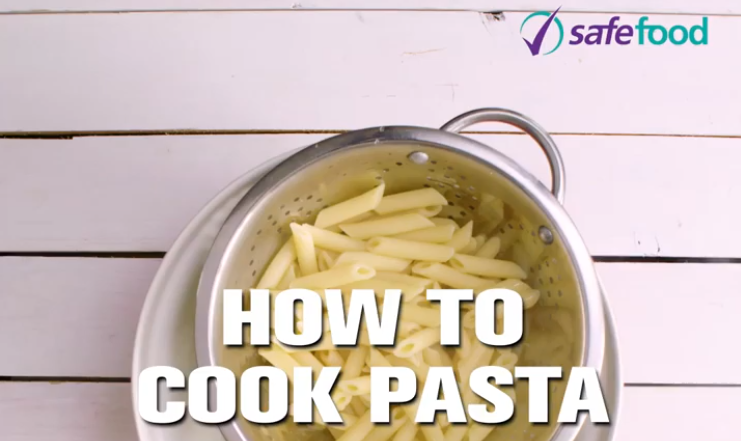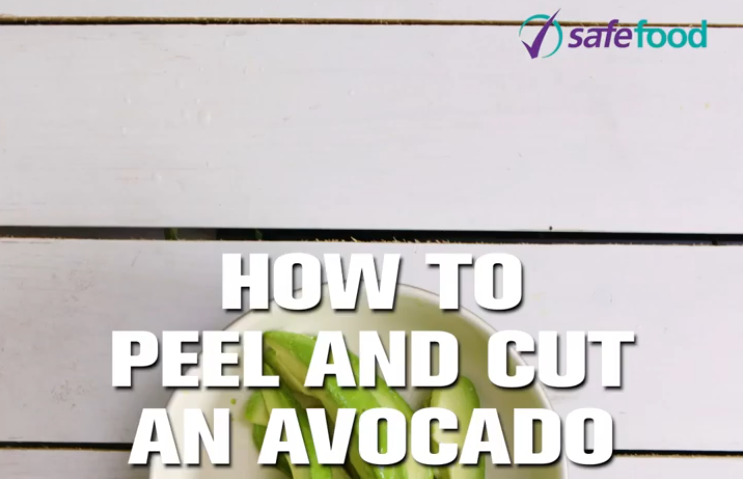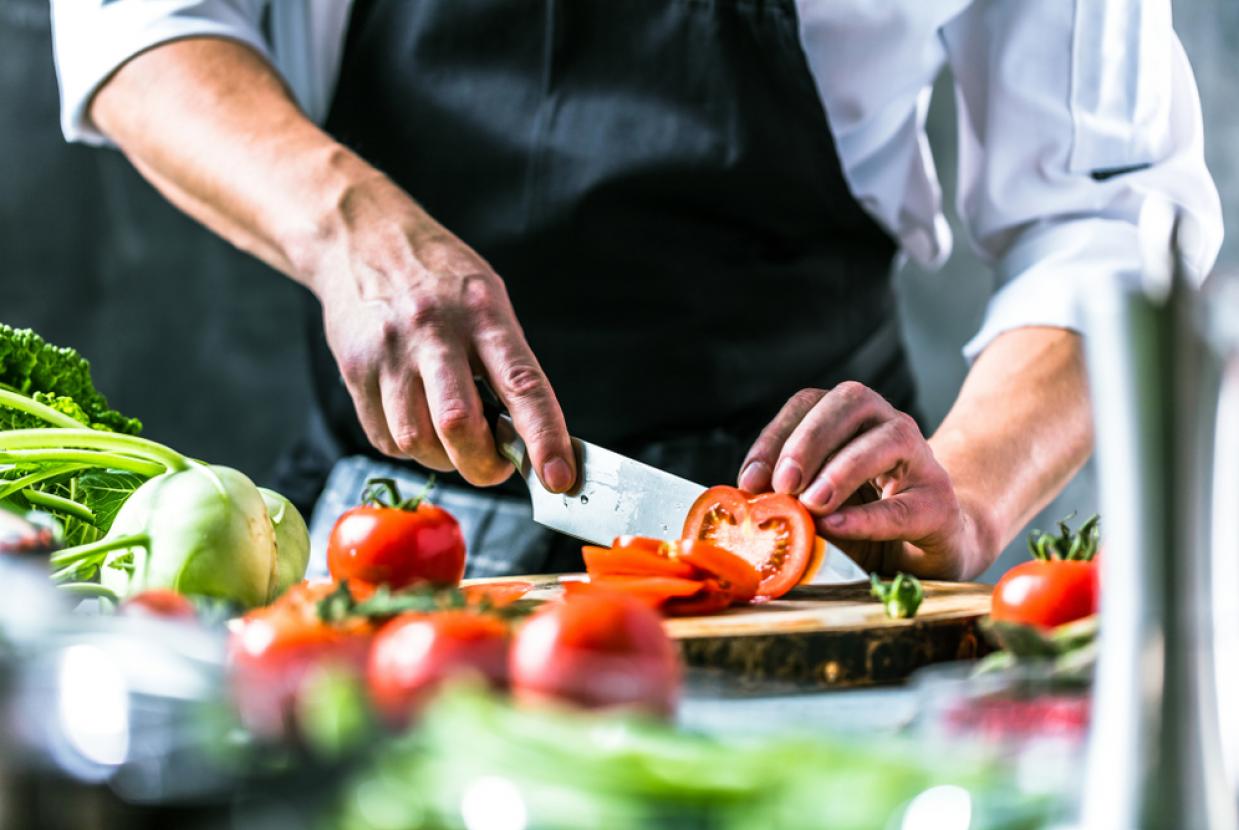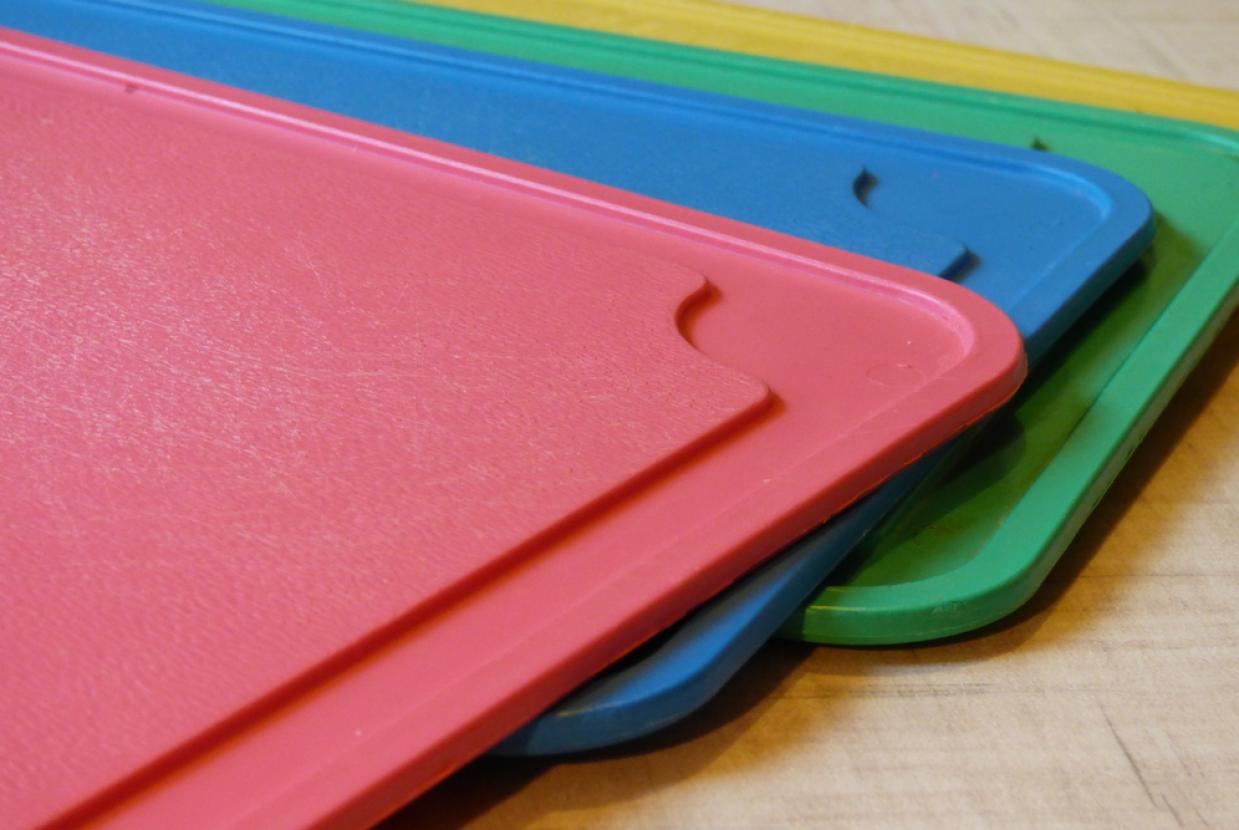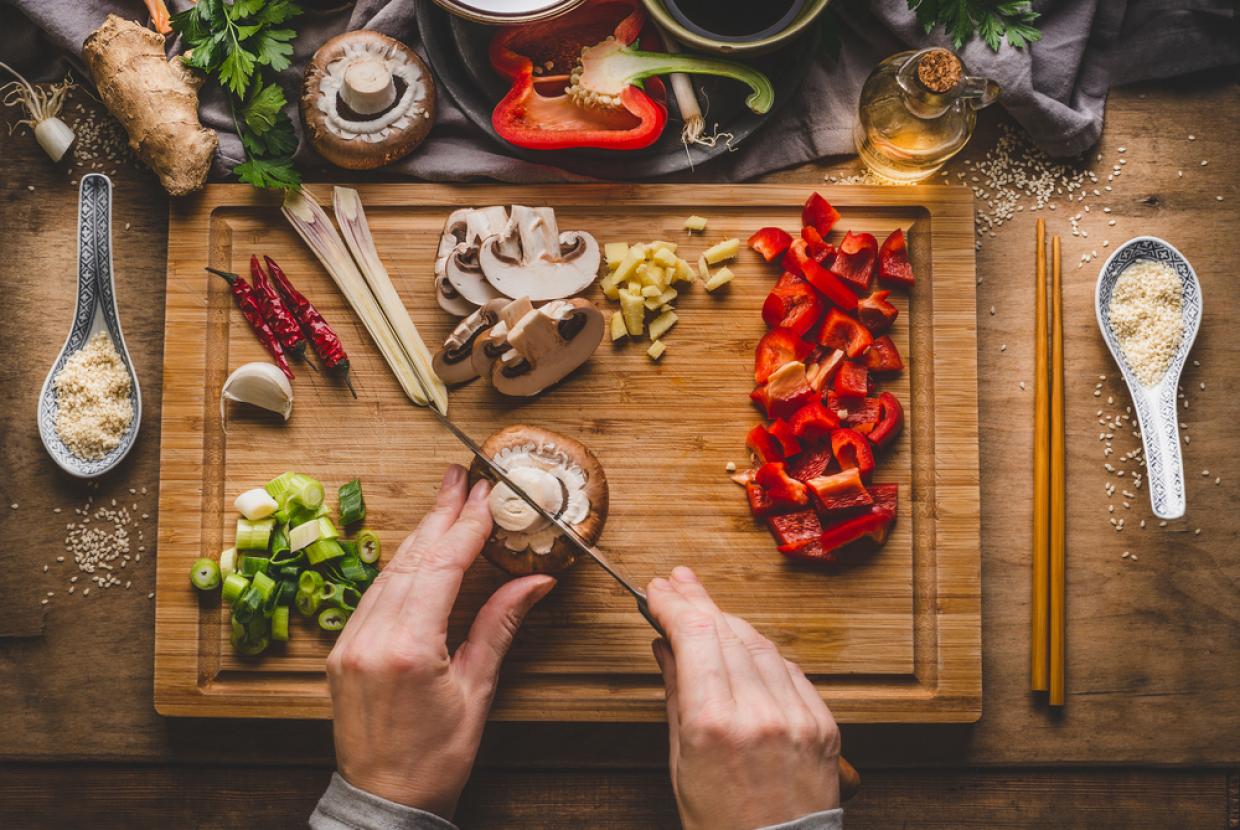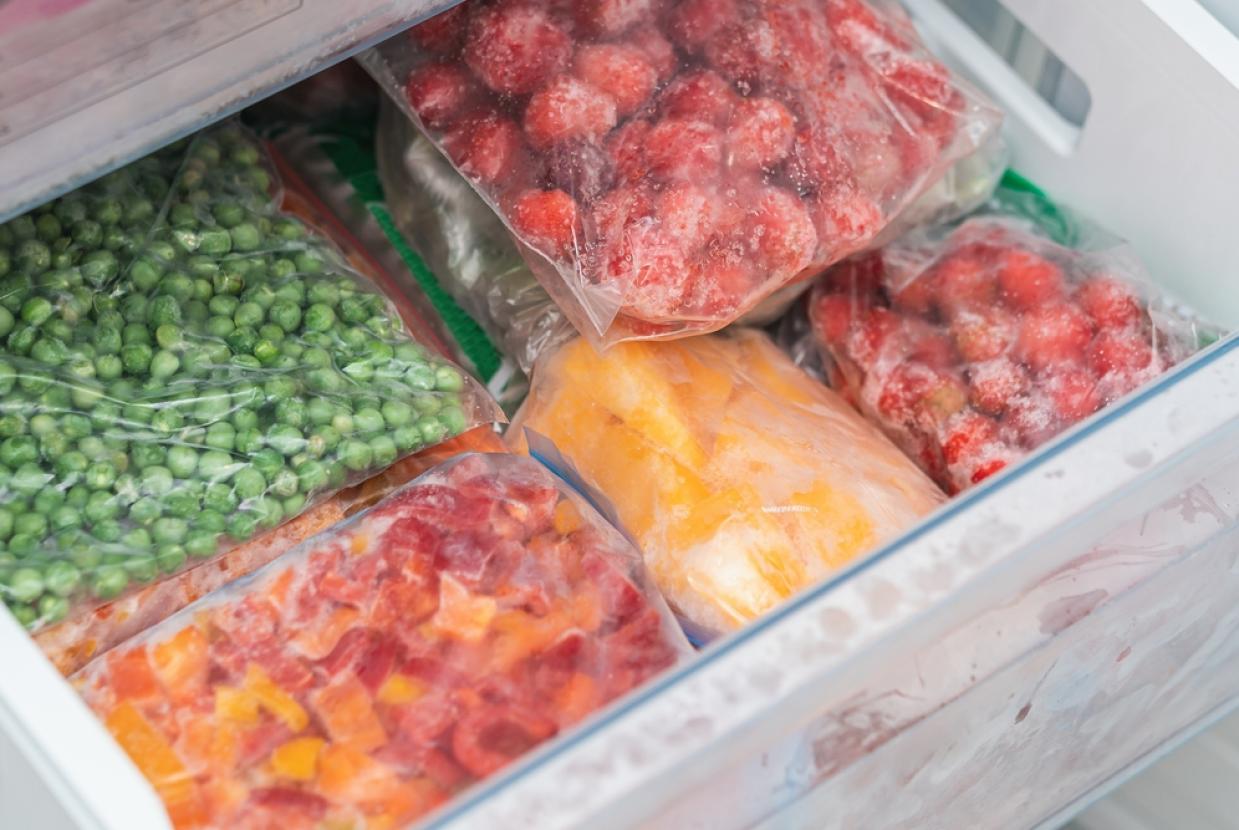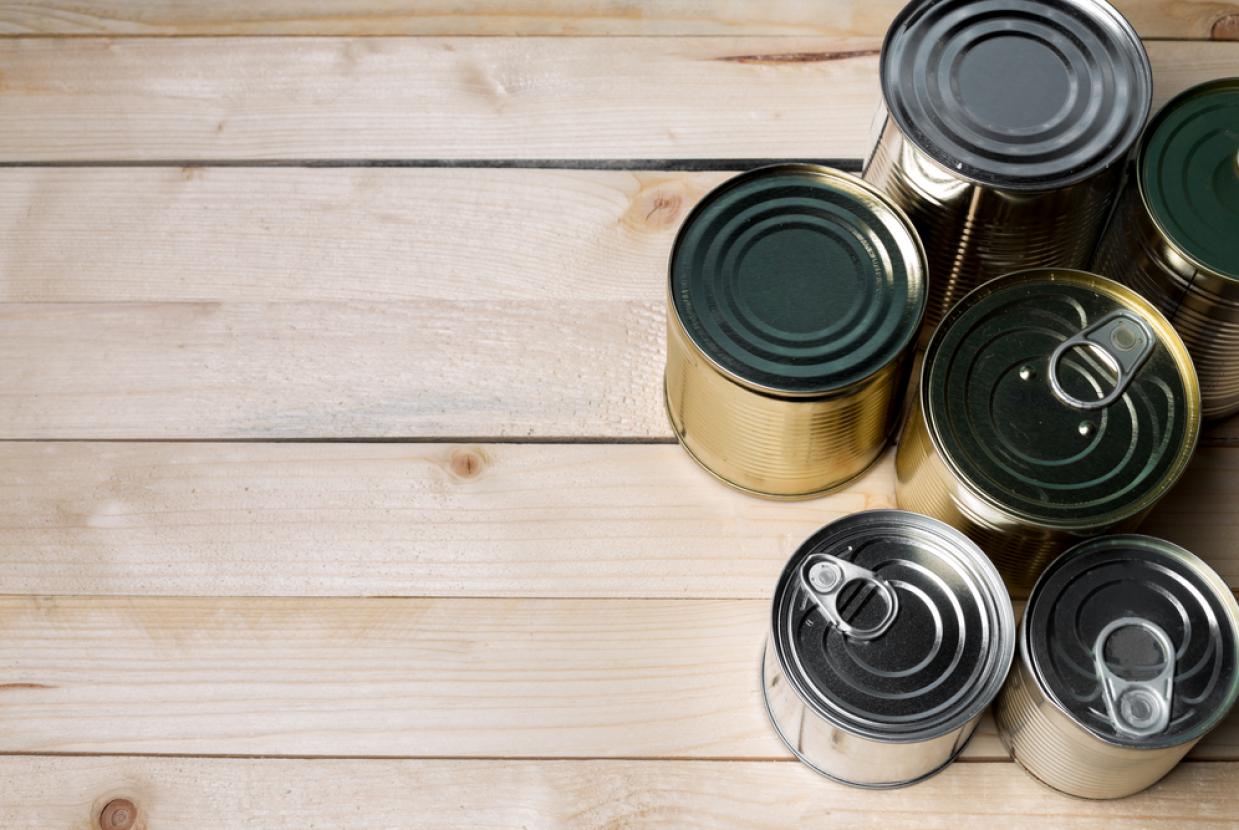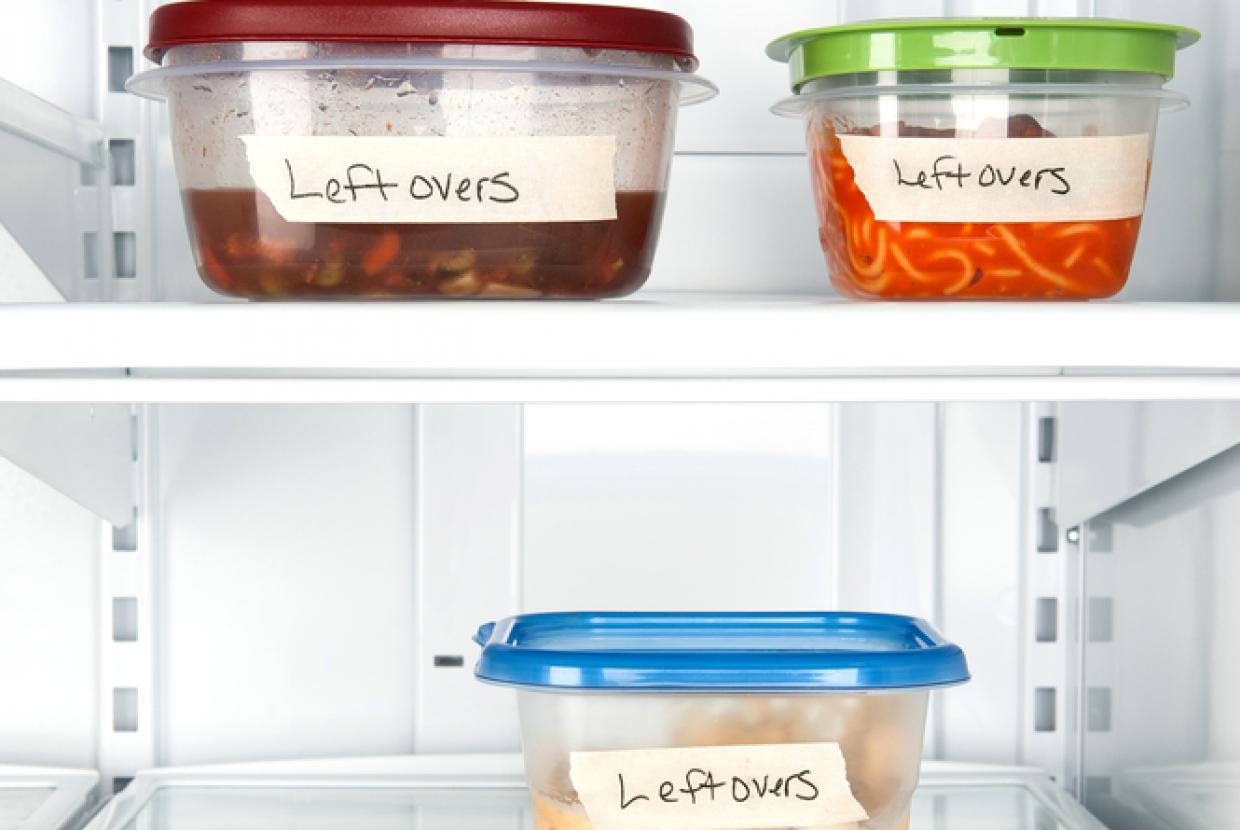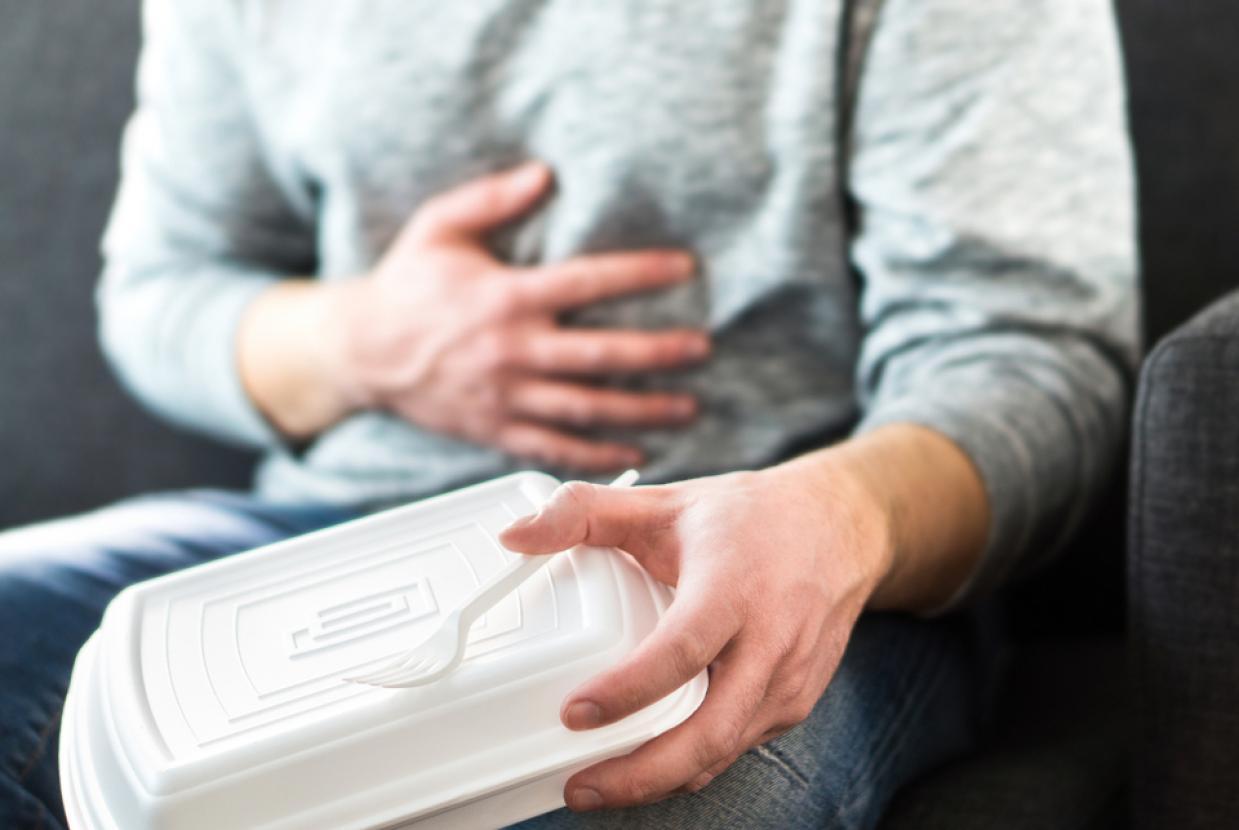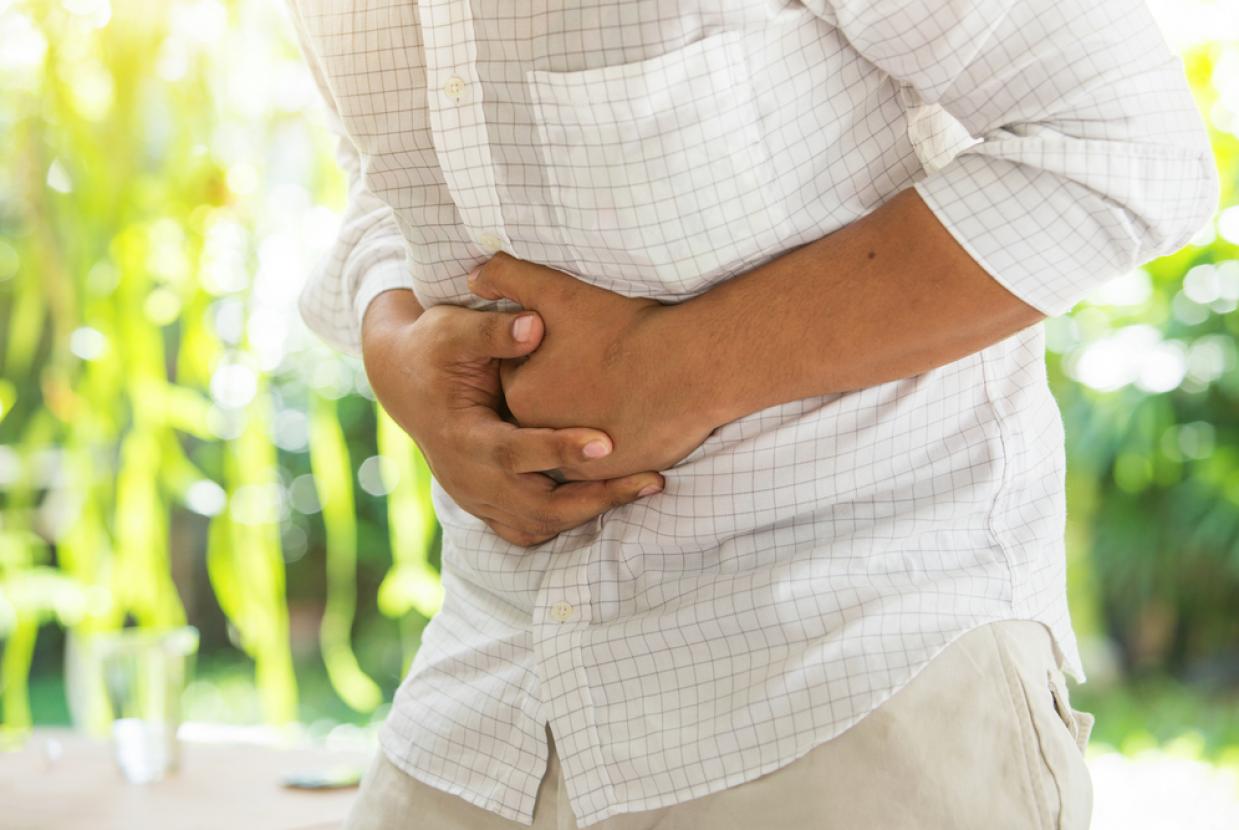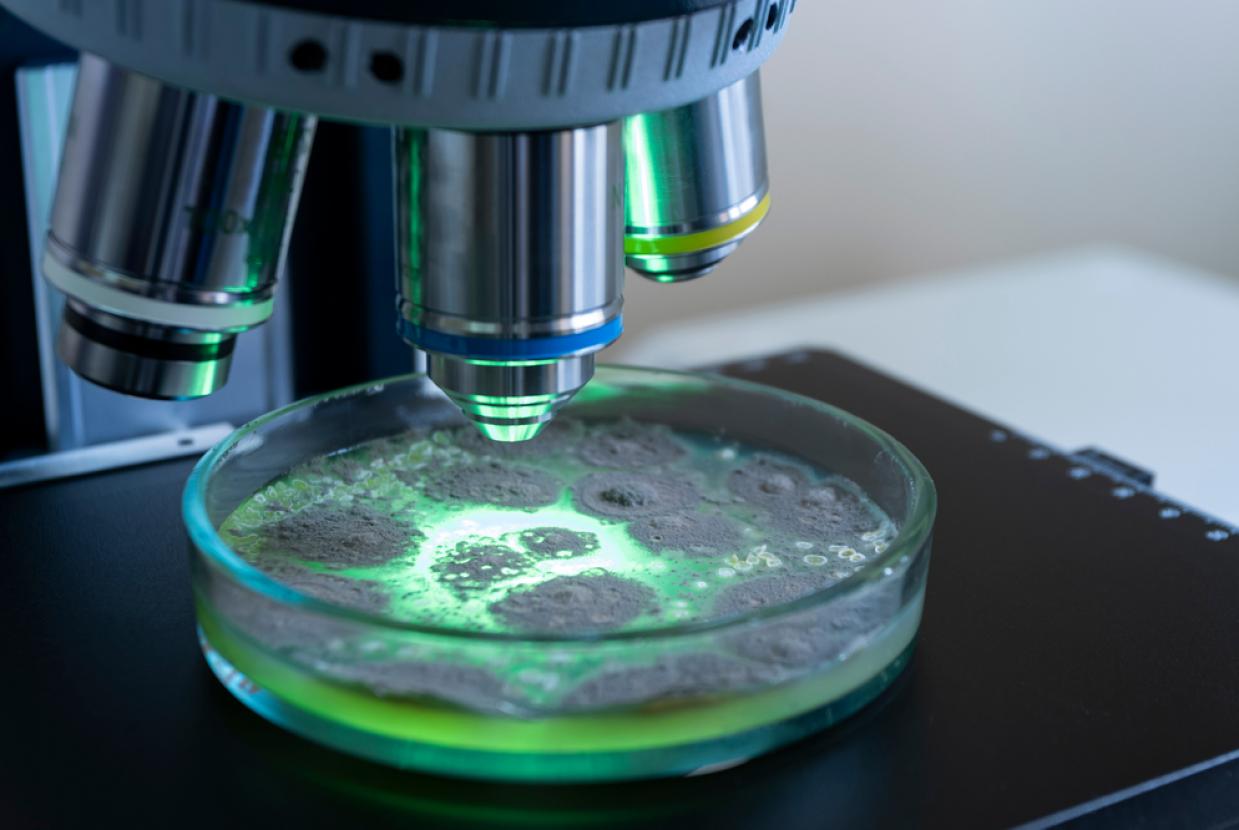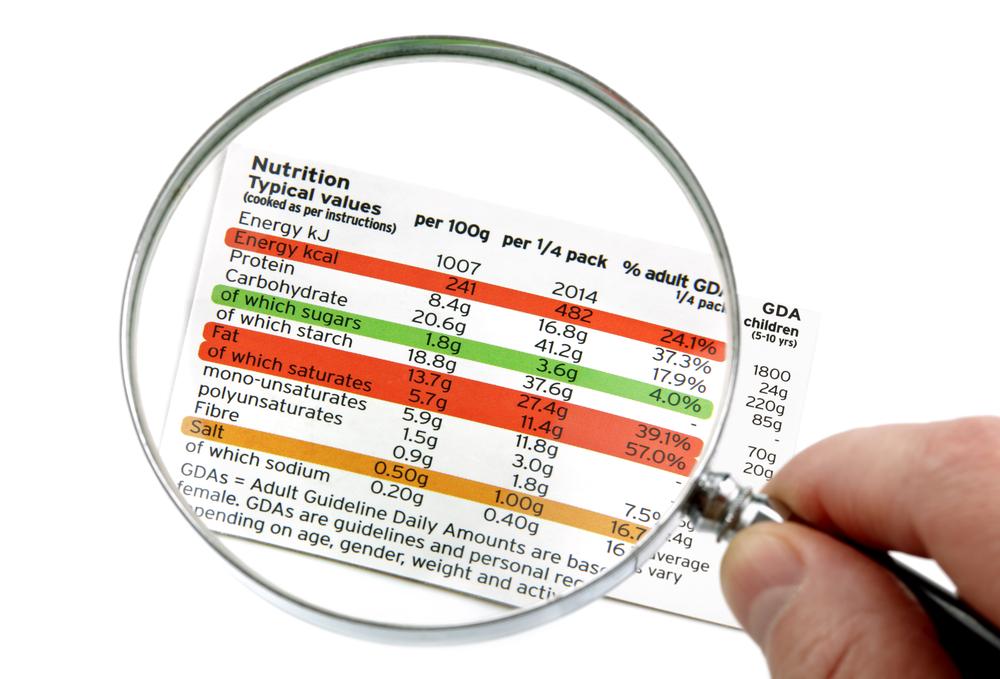3 Simple Ways To Reduce Food Waste
Food Safety / Healthy DietWe all have the power to make changes that can impact the future of our planet and reducing food waste is one of them. In the UK alone, 9.5 million tonnes of food are wasted each year, making it the largest contributor to food waste in Europe. This isn’t just about wasted money: food loss and waste account for 10% of global greenhouse gas emissions, five times more than the aviation sector.
Here are some tips to help you and your service users reduce food waste:
1. Plan your meals
Meal planning is an excellent way to minimise food waste. At the start of each week, plan your meals and create a shopping list to match. If you’re using ingredients that come in larger quantities than needed for a single meal or if you’re cooking for one, get creative! Try incorporating leftovers into other dishes to prevent food from going to waste.
2. Fresh isn’t always best
Fruits and vegetables are among the top five most wasted foods1. Despite the common belief that fresh is always better, frozen and tinned options can be just as nutritious, if not more so, and they offer a solution to reducing waste. These preserved alternatives last longer and can help prevent the premature spoiling of fresh produce.
3. Understand your labels
Many products will be labelled with ‘best before’ or ‘use by’ labels. ‘Best before’ refers to the quality of a product—food is still safe to eat after this date, but its quality might not be at its peak. ‘Use by,’ on the other hand, is about safety. Foods should not be eaten after this date to avoid health risks. Knowing the difference helps reduce unnecessary waste and can also allow you to freeze or cook food before it becomes unsafe.
By implementing these small changes, you’ll not only help protect the planet but also save money!


